On This Day...February 21st
In the town of Rath, during Operation ‘Grenade’, the plan for the 9th Army to cross the Roer in Rhineland, Germany. The Ninth Army was finally able to cross the river on 23 February, by which time other Allied forces were also close to the Rhine. German forces west of the Rhine during operations ‘Veritable’, ‘Blockbuster’ and ‘Grenade’ lost some 90,000 men. 21st February, 1945.
USS Franklin (CV-13) in the Elizabeth River, Norfolk, Virginia, 21 Feb 1944. Captain James Marshall Shoemaker gave an unusually short speech at the commissioning;
“Gentlemen, I have been ordered by the bureau to be the first commanding officer of the USS Franklin. We will put Franklin in commission and bring her to the firing line faster than any carrier in history. Six months from now, you will have seen what your first Jap looks like. Thirteen is my lucky number. Good hunting!”
As good as his word, the Franklin, laid down in the end of ‘42, launched in ‘43, and commissioned in early ‘44, hit her first strikes on Japan on Independence Day, 1944.
US Marine on Mount Suribachi, with landing craft in the background, Iwo Jima, Japan, 21st February 1945...plus or minus a day.
...following piece was stitched together from reading/watching various interviews and videos. All quotes are Tom’s.
Tom Sherman still has the flag he took from a Japanese soldier he killed during the battle for Iwo Jima. The flag was his one exception to a personal rule of not searching the enemy dead for souvenirs. Sherman later regretted his decision, as we’ll see later, coming to see it as it disrespectful.
Asked to try and describe his experiences of his beachhead baptism of fire on the black volcanic ash of Iwo Jima, Tom closed his eyes and recalled the landings...
“Nervous? Not at all," he recalled. “You're so trained, and the discipline is so structured, that when you have to do something, you go do it. Like when my father told me to do something, I'd do it. That's the way it was," he remembered.
"You can't imagine, I can't describe how horrible war is," Sherman said. "Even to myself, I have a hard time realizing how horrible it was."
"Before the landing, you could barely tell an island was there because of all the smoke going up," he recalled. Sherman was in the fifth wave to hit the beach. The Japanese held their fire until the landing sites were choked with Marines and equipment, then unleashed a murderous hail of crossfire.
Sherman remembered machine-gun fire ripping through ranks of Marines lying on the beach, and whenever that fire "hit a body, it'd jump about this high" (separating his hands by about six inches.)
Over the next month, Sherman experiences horrors that returned to him in terrible snapshots;
The cost of friendly fire - "There's a piece of scalp about the size of your hand lying there...the 75mm cannon hit him. That was the only thing I saw that was left of him."
An unexpected surprise -"I went back for my bazooka and there was a 20-foot cliff beyond where I thought I'd left it. I looked down and there were five people. I said, 'Anyone seen my bazooka?' They turned around and faced me. They were Japs. I killed all five of them."
Losing a friend -"Griswald was right behind me and stepped on a land mine. Blew his legs off. I turned around, and what a horrible sight."
Working the caves -"There was this cave, I put a charge in it, and when it went off it took this Japanese and blew him in the air a couple hundred feet."
Although Sherman was awarded a Purple Heart for an artillery shrapnel wound, (and a Bronze Star for taking out an enemy fortification) in common with many veterans he couldn’t read the citation without a degree of cynicism, "I did this stuff every day, several times a day."
“There was no time for fear on Iwo Jima”. "When I was in action, I was never concerned about being afraid. You're cautious, but it isn't fear," he said.
Yet he never conditioned himself to the constant threat of death. "Oh no, particularly with the mines. They're so horrible that I don't know if you could ever get used to that."
After Iwo Jima, Sherman was training with other 5th Division Marines for the invasion of Japan when atomic bombs were dropped on Hiroshima and Nagasaki, forcing that nation's surrender -- to Sherman's immense relief.
He went home, got married, and he and his wife (Diane) raised two children.
Sherman recalled Japanese soldiers never bothered him during the war. He and his fellow Marines had heard all the stories about Japanese war atrocities. "Yeah, the U.S. poured on the propaganda, and it was a big help to you fighting them," he said. So Iwo Jima was regarded as a “battlefield of extermination, not combat. We just viewed them as something like vermin," he said.
"I killed a lot of Japanese. I mean a lot," he added. "And I never thought about it. I was kind-of numb. They were dead, and that was what you were there for."
After meeting Japanese civilians during post-war duty in occupied Japan, and later dealing with Japanese businessmen, Sherman said he realized, “they were human, too. It dawned on me that they were quite smart, nice, honorable people."
Tom had two traditional Japanese structures often found at Shinto shrines built to stand outside the front door of his house. Two Japanese symbols hang from the gate, representing "freedom" and "liberty."
"I glance at them each time I go by," Sherman said. "They are a reminder of the blessings offered by this great country.
"Without them, there is nothing."
Tom passed away April 11, 2017, aged 92.
Whatever your thoughts about the man, and there is a huge spread of opinion to choose from, his deeds influenced and drove history at a crucial juncture of World War II. Douglas Bader was born 21st February, 1910.
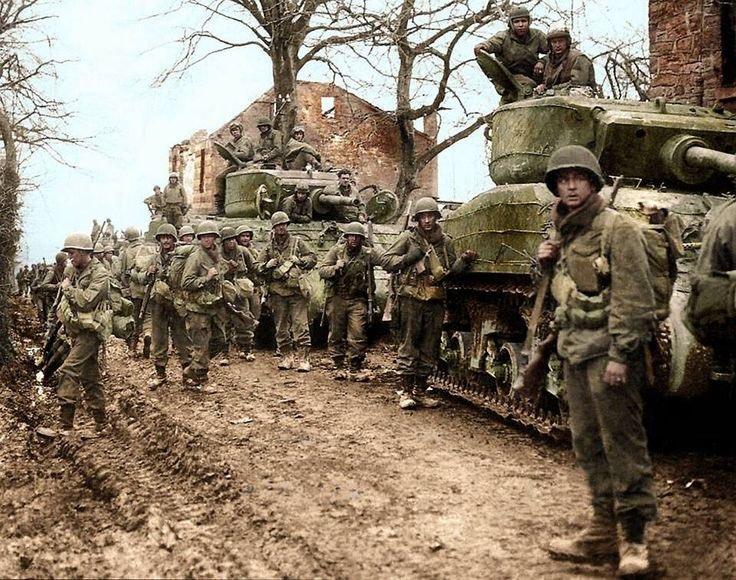
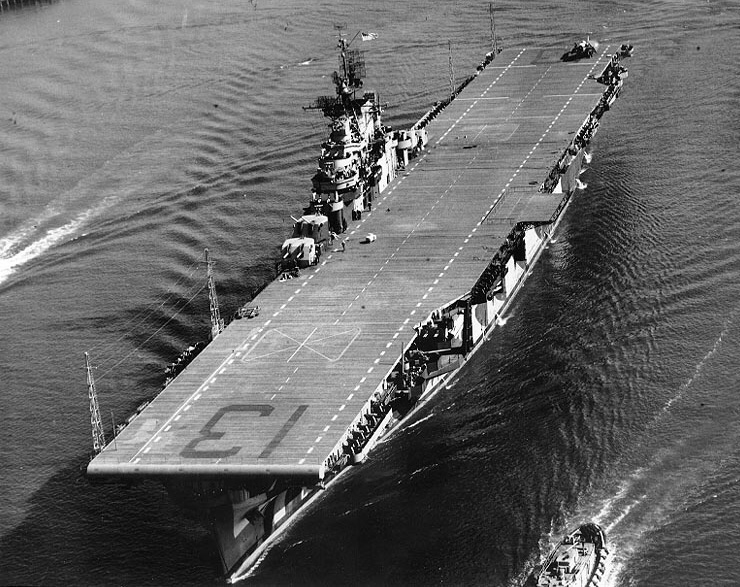
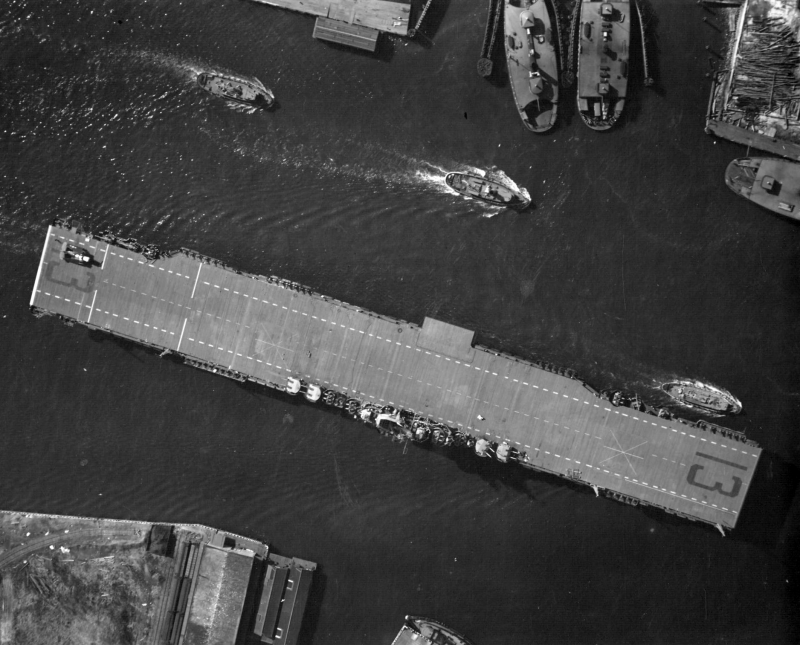
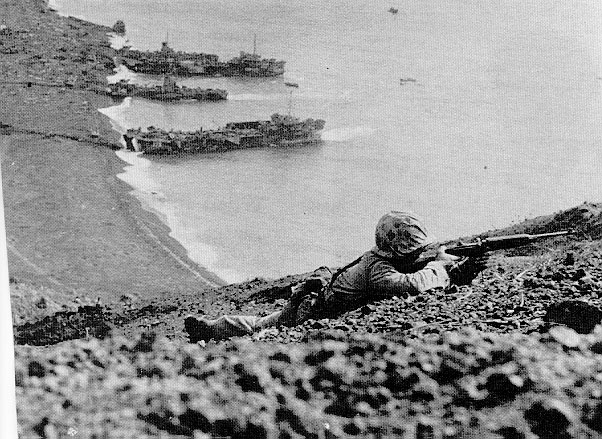
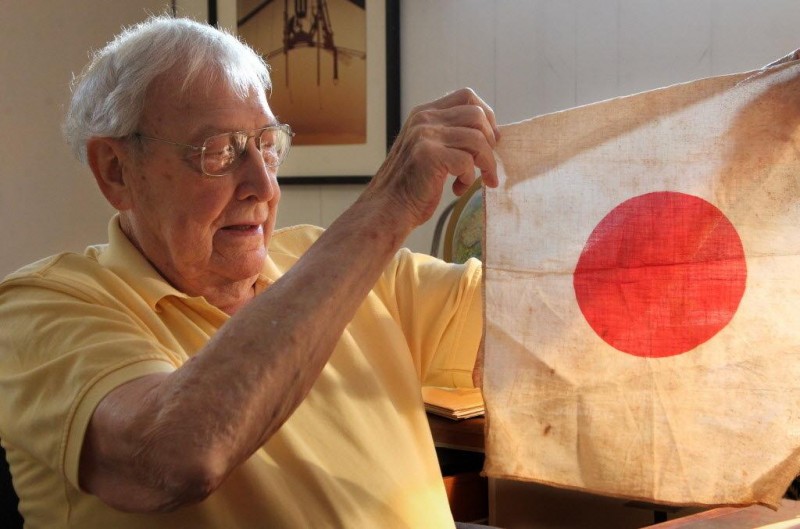
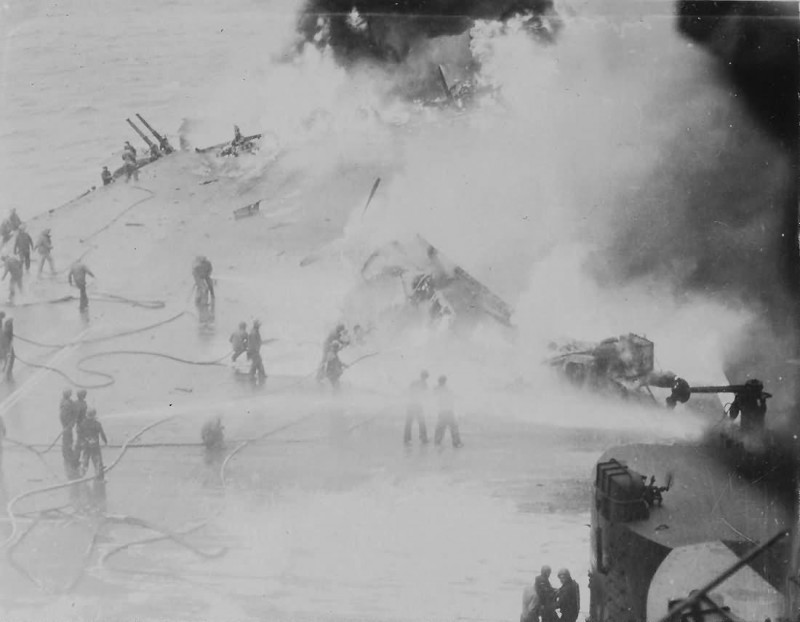
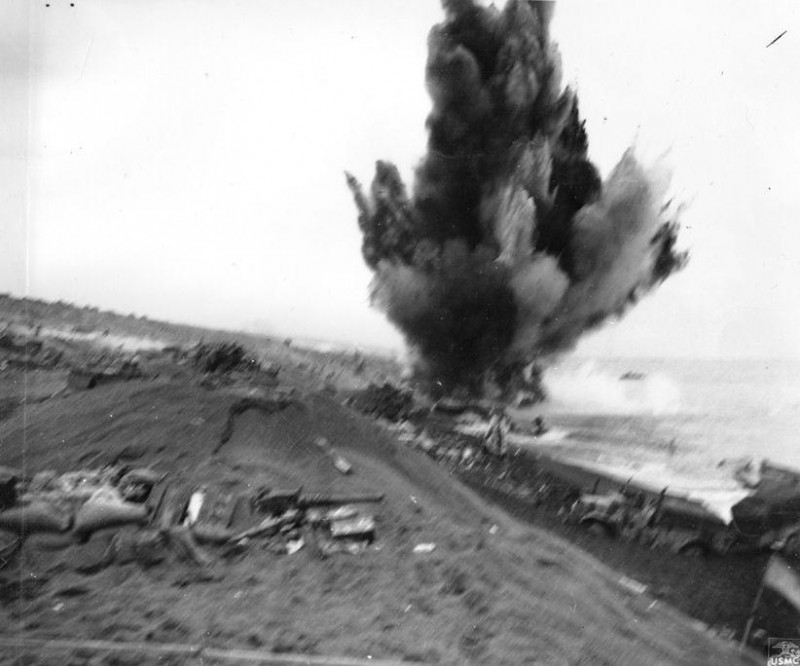

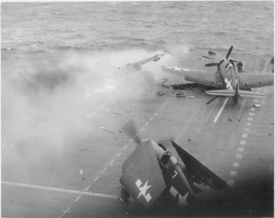
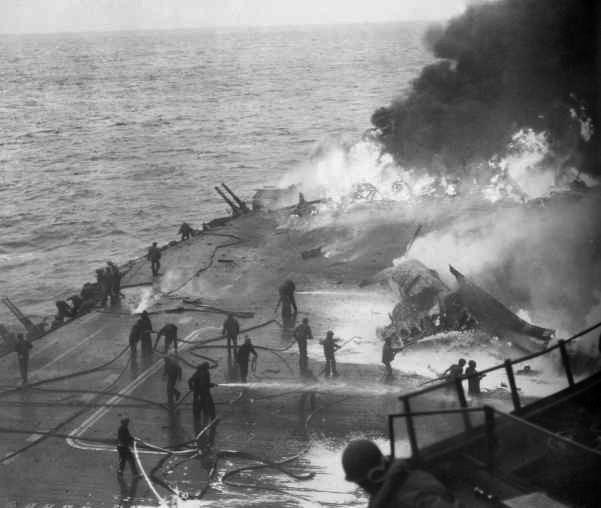
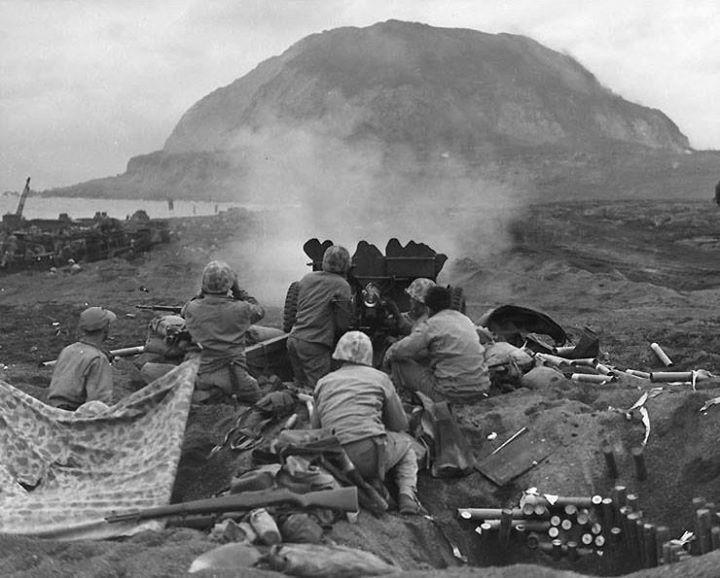
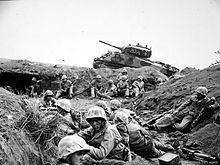
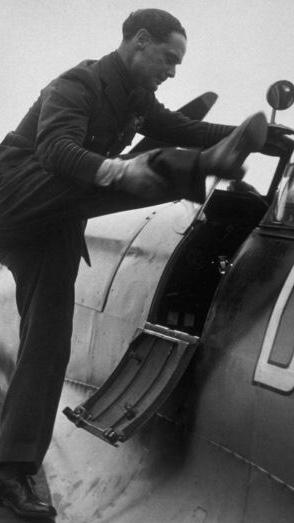
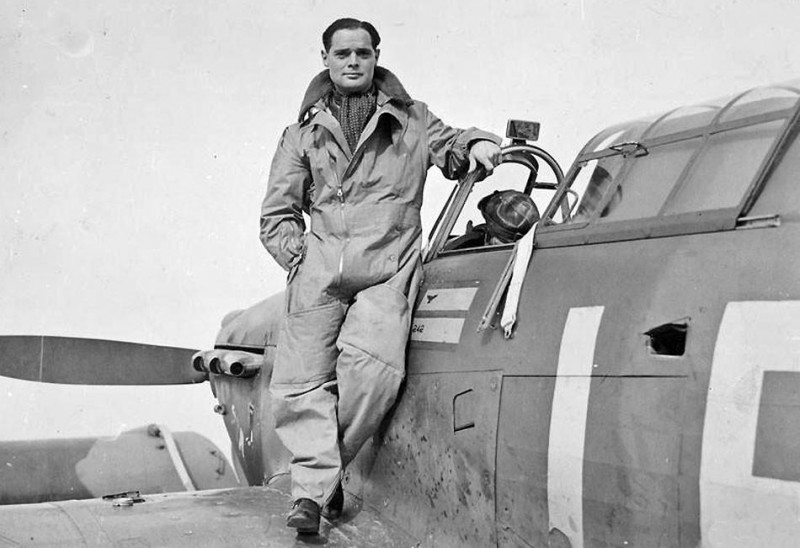
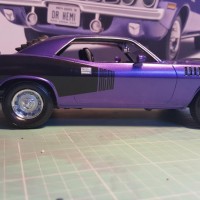
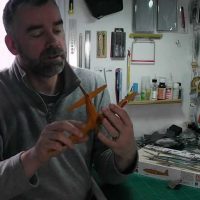

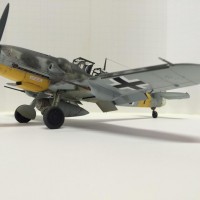
douglas bader was a great patriot of western democracy...he became a grumpy young man when this olympic class athlete lost both his legs/ he had a right to none of us have a right to dispute...the "big wing" is one of the basic premise of any combat...get there the firstest with the mostess...overwhelming odds is a no brainer...you don't attack 50,000 men with 10,000...not a winning strategy in the long run...his grit and determination returning to air combat after washing out is the stuff of legends...the mere fact that he ended up in Colditz is a living testament to the iron will of this great warrior and the glider was marvelous as well...if it weren't for men like these we might not be here...slow hand salute
Another treasure trove of photos interwoven with remarkable stories!
Hi Bob. Well said, and they’ll be a lot more about Bader in this series come the summer.
Bader, what a great man, along with Gibson, Stanford Tuck ,Sailor Malan and of course Churchill , when it hits the fan some men stand out above the rest, nice words Bob.
Talking of great men. Iwo Jima killed thousands of that ‘greatest generation’, none more so than this man.
I had the privilege of meeting Bader, Johnny Johnson, and Stanford-Tuck all the same time. Two were the kind of condescending Brits that drive Americans crazy; one of them seemed to go out of his way to do that. The third was the kind of Brit Americans love, self-deprecating humor, didn't seem to have a need to "hawk his wares." I'll leave it to the reader to guess which was who.
Great memory from the Iwo Jima vet. I highly recommend the movie "Letters From Iwo Jima." Watching it put an entire new face on this battle to me.
Tom, ‘Letters’ is one of my favourite movies. Watched alongside ‘Flags of our Fathers’ it’s a powerful and thoughtful experience.
I don’t care what anybody says. You lose your legs and come back to fight again? That’s a patriot, even if he was arrogant. He earned it and we owe him.
Great report Daivid.
The movies are great, but the books are more powerful, too me.
Never read the books, will do now.